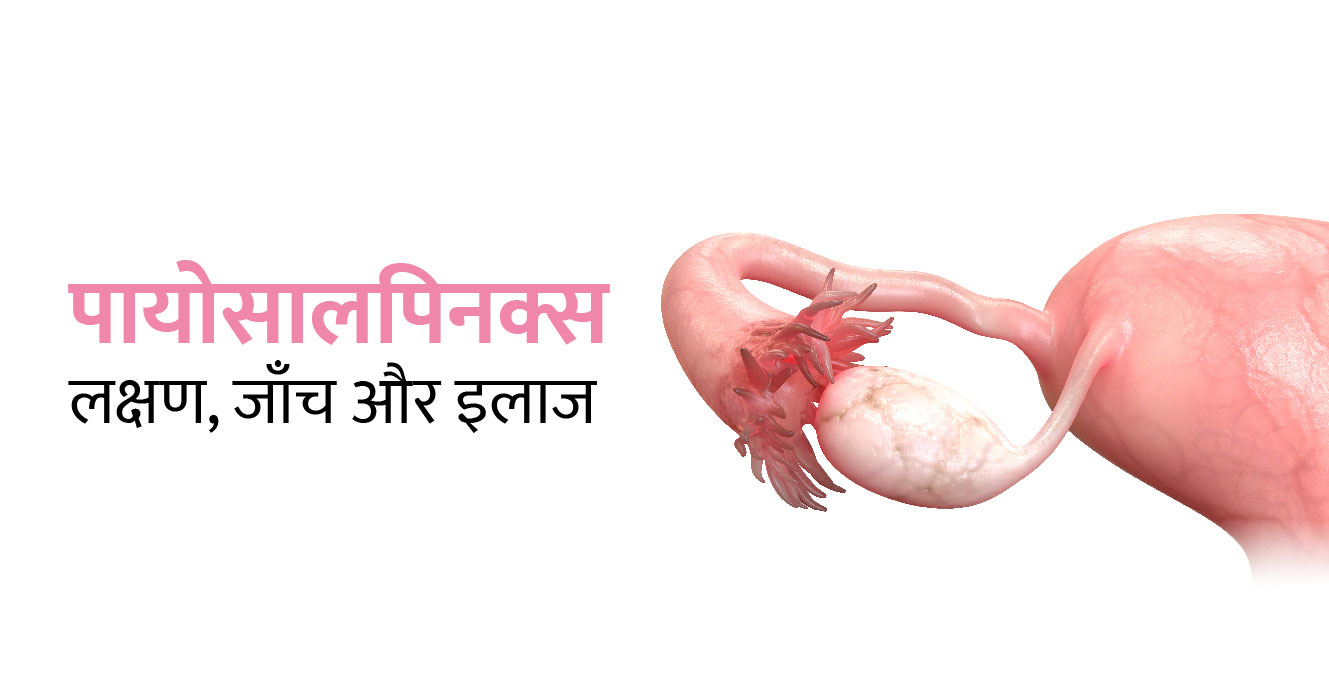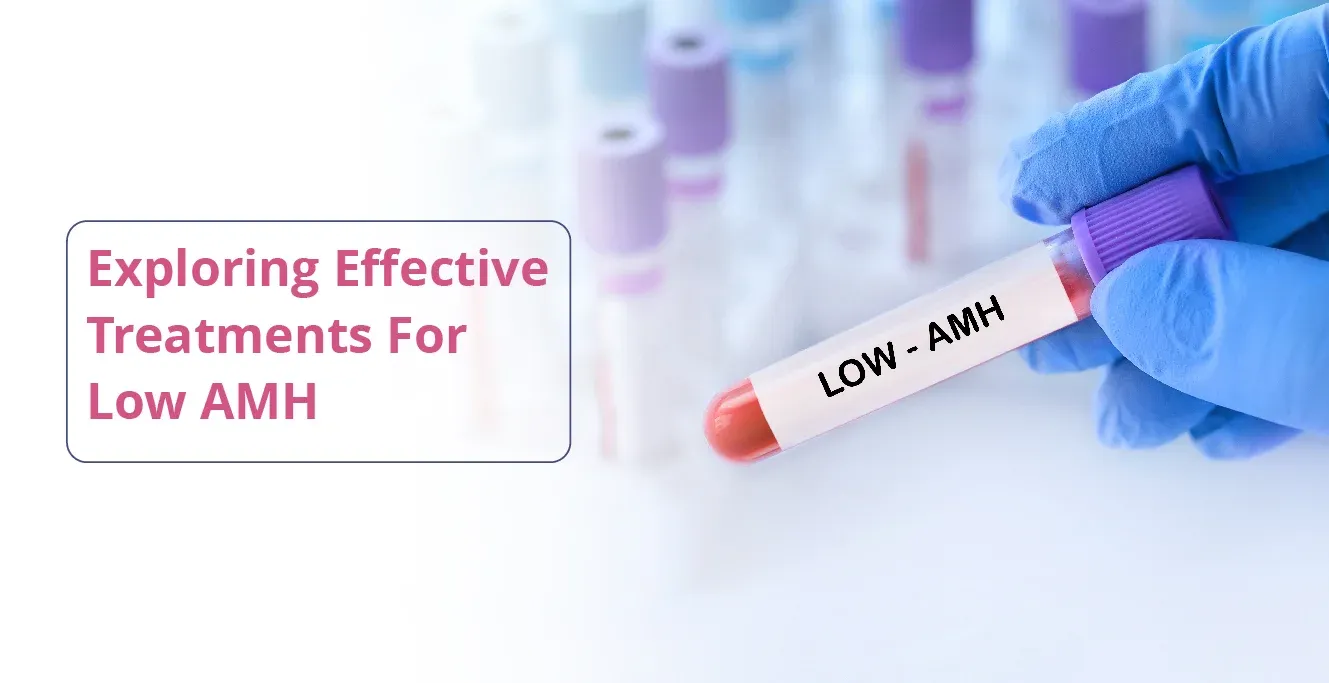What are the Causes of Foamy Urine in Men
- Published on July 29, 2022
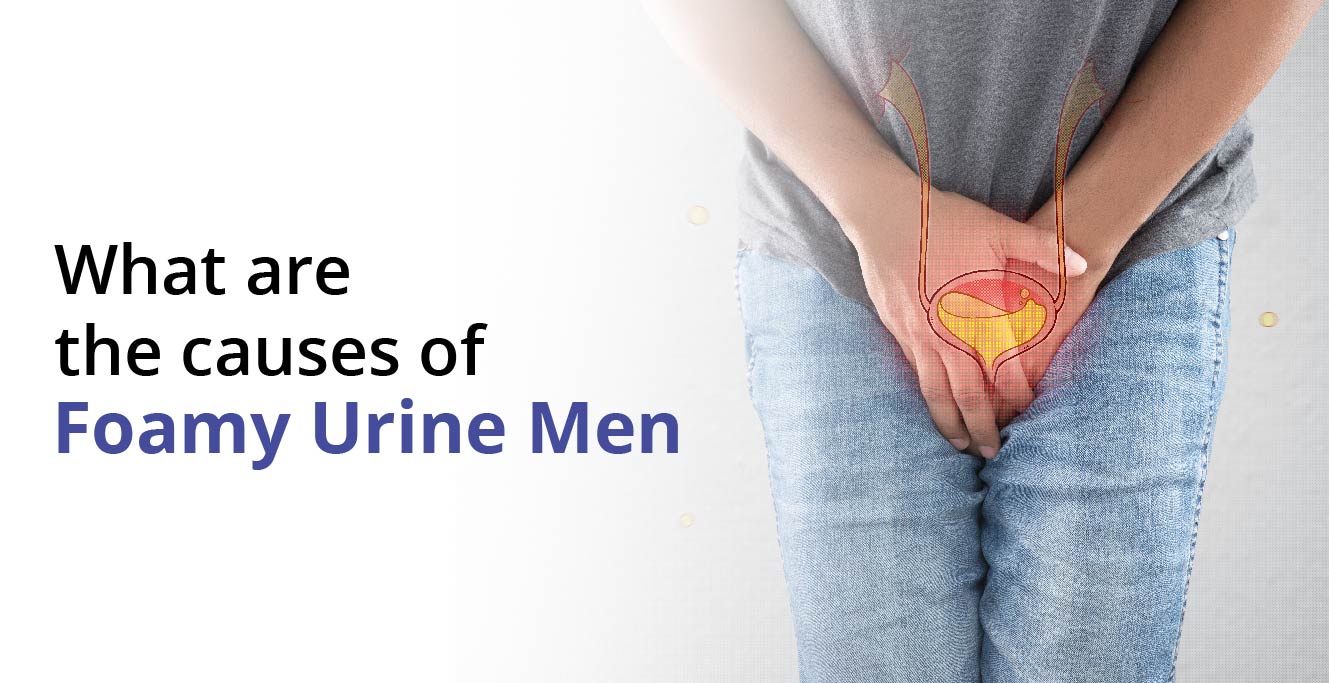
Did you know your urine can be an indicator of your health? Hence, paying close attention to it is highly recommended. Sometimes your urine can be foamy – usually, a fast urinary stream is a cause for such a change. However, a lot of medical conditions can also have this effect.
Let’s explore some of the reasons why you might sometimes have foamy urine.
Table of Contents
Why is my urine foamy?
Urine usually has a yellowish colour and is mostly flat. It can change in colour (or foaminess) depending on a variety of factors, such as your diet or medications.
Peeing foamy urine now and then is normal, but if the foaminess is frequent, it can be a health issue. Specifically, it can be a sign that there is an excessive amount of protein present in your urine.
Causes of foamy urine
There can be several causes of foamy urine in men. Some of them are:
1. Speed of urination
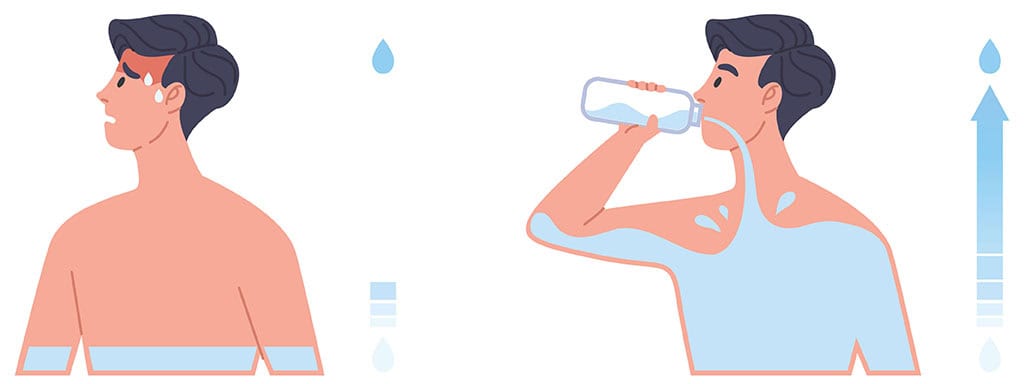
One of the causes of bubbles in urine is the speed at which you urinate. A rapid stream can create foam in much the same way water does as it pours from a tap. This type of foam quickly dissipates after urinating.
2. Dehydration
Dehydration is one of the leading causes of bubbles in urine – your body doesn’t get enough water, so the urine becomes concentrated. This level of concentration tends to cause foam when finally released from the body due to the high level of protein in it.
3. A bad or damaged kidney
If your kidneys are not functioning as well as they should, you may have issues with protein in your urine.
The function of the kidney here is to filter the protein from the water and other waste products and keep it in the body. However, if the kidney gets damaged, its filtration capacity decreases; hence, an excess amount of protein may leak into your urine.
This condition is known as proteinuria. It can lead to bubbles in urine.
4. Retrograde ejaculation
While ejaculating, if the semen enters the bladders instead of exiting from the tip of the penis, it is called retrograde ejaculation. Although it is not very common, this can still become a cause of foamy urine.
5. Urinary tract infection (UTI) medications
Certain pain relief medications for urinary infections contain phenazopyridine hydrochloride. If you have a urinary tract infection and take these medicines, you may start passing foamy urine.
6. Amyloidosis
Another cause of foamy urine can be attributed to a rare condition called amyloidosis. When a specific protein substance builds up in your body, this condition can occur and affect several other organs.
7. Diabetes
Conditions like diabetes and other high blood sugar-related issues can lead to high levels of albumin in your urine. This results in bubbles in urine.
Symptoms of foamy urine
Urine that is foamy may be indicative of a health problem if it happens often. When you notice foamy urine, it’s best to put the other symptoms together to see if the problem could be caused by a medical condition.
Some symptoms that can accompany foamy urine are:
- Swelling of hand, feet, face, and abdomen due to fluid build-up from kidney disorder.
- You might feel fatigued often.
- You might lose your appetite.
- You might feel nauseous and/or feel like vomiting.
- You might experience difficulty falling asleep. As such, your sleep cycle will be hampered.
- There might be an increase or decrease in your urine production.
- Your urine might turn a darker colour.
- You are releasing a lower quantity of semen during orgasm due to underlying fertility issues.
Diagnosis of foamy urine
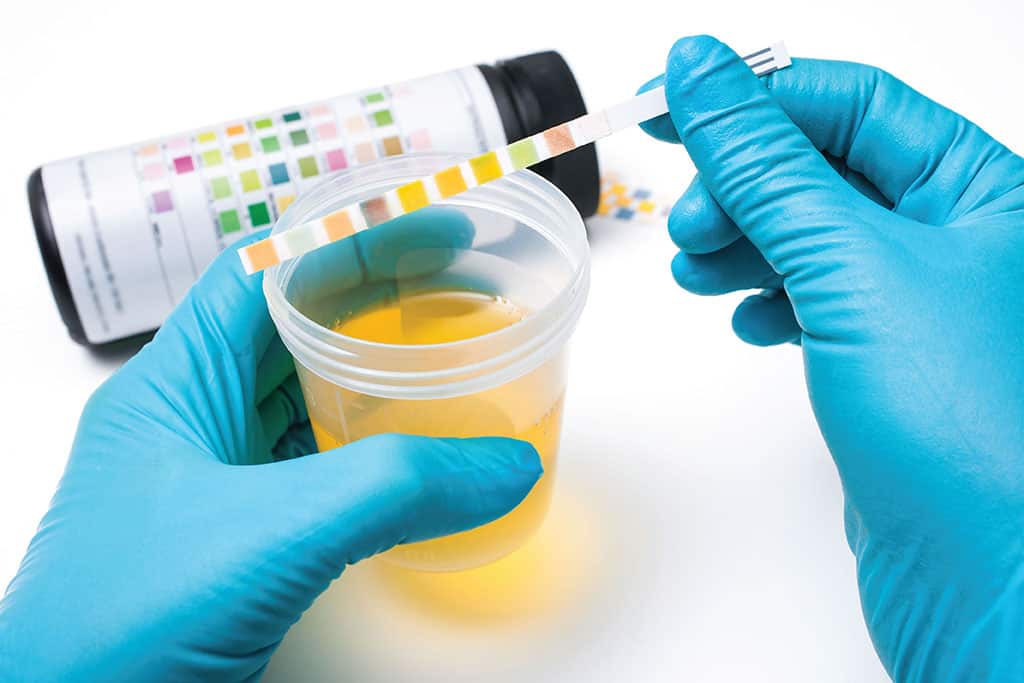
Foamy urine can be diagnosed by taking a urine sample with a dipstick to measure the protein levels.
A 24-hour urine test is often needed to check for consistent high protein levels. The doctor will recommend this test and ask you to collect all of your urine during the course of a day.
The doctor then measures the albumin-to-creatinine ratio (UACR), and if your UACR results show that it is higher than 30 milligrams per gram (mg/g), there is a high chance that you are suffering from kidney disease.
Another diagnosis method involves the doctor checking for the presence of sperm in your urine. The foamy urine can also be due to retrograde ejaculation if such presence is detected.
Treatment for foamy urine
Several treatment options are available for foamy urine, depending on the underlying cause:
- If you’re dehydrated, drink more clear fluids until your urine turns either pale yellow or almost transparent. Remaining hydrated can help in reducing the bubbles in urine.
- If your foamy urine is due to kidney damage, the primary cause must be treated. Often, kidney damage is caused due to diabetes and high blood pressure. To impede further damage to the kidney, these conditions must be managed.
- Diabetes can be controlled by eating a healthy diet and exercising daily. Also, decreasing the consumption of salt and protein in your diet can help reduce your blood pressure levels, which can further improve your kidney’s performance. You might be prescribed to take insulin and other medication to keep your blood sugar levels normal.
- You might also be recommended to make positive lifestyle changes such as consuming a low sodium diet, avoiding tobacco, frequently exercising, etc., in order to get rid of foamy urine.
- In extreme cases, if you are suffering from severe kidney disease or have failing organs, you may need to undergo dialysis treatment. This procedure will clean the toxins from your blood and prevent foamy urine.
- If you have a retrograde ejaculation problem, this condition can be treated by prescribing drugs that will close the bladder neck to inhibit semen from getting inside the bladder.
Risk factors of foamy urine
Many risk factors can lead to foamy urine. Some of the most common types are:
1. Dehydration
Urine can become foamy due to dehydration. A lack of water in the body can cause the urine to get concentrated and accumulate a higher level of proteins than normal urine. This causes the appearance of bubbles in urine.
2. Having a full bladder
If you have a full bladder, your urine might become more like foam due to the strong stream of faster and more forceful urination.
3. High level of protein in the urine
If you notice foamy urine, this is also a cause and can indicate kidney disease or damage. Protein often mixes with the urine of people who have damaged kidneys.
4. Retrograde ejaculation
You have a high chance of producing foamy urine in case you have a retrograde ejaculation problem.
Conclusion
Healthy urine is not typically foamy. Foamy urine can be a result of a strong stream, being dehydrated, or the presence of soap. Instead of arriving at conclusions, considering the most likely causes first is recommended.
However, if you experience this more than once, accompanied by other symptoms, you should definitely visit a doctor to assess the condition. To learn more regarding foamy urine and related issues, visit Birla Fertility and IVF or book an appointment with Dr Rashmika Gandhi
FAQs
Is foamy urine serious?
Typically, having foamy urine now and then is not at all serious. However, if this condition persists, you should consult a doctor because the underlying cause can be more serious.
How do you get rid of foamy urine?
Sometimes foamy urine is caused due to dehydration, so drinking more water should cure the condition. But if it doesn’t seem to subside within a few days, you should visit a doctor since there may be another reason for the issue.
Does getting foamy urine mean I have diabetes?
Diabetes and other factors may result in higher levels of albumin filtering through the kidneys. This might lead to foamy urine.
Related Posts
Written by:
Dr. Rashmika Gandhi
Consultant
Dr. Rashmika Gandhi, a renowned fertility specialist and laparoscopic surgeon, specializes in advanced treatments for infertility, endometriosis, and fibroids. Her expertise in 3D laparoscopic surgery, operative hysteroscopy, and innovative ovarian rejuvenation techniques, such as PRP and stem cell therapy, sets her apart. A committed advocate for high-risk obstetrics and preventative antenatal care, she's also a founding member of the Society for Ovarian Rejuvenation and a prolific academic contributor.
2.5+ Years of Experience
Gurgaon – Sector 14, Haryana
Our Services
Fertility Treatments
Problems with fertility are both emotionally and medically challenging. At Birla Fertility & IVF, we focus on providing you with supportive, personalized care at every step of your journey towards becoming a parent.Male Infertility
Male factor infertility accounts for almost 40%-50% of all infertility cases. Decreased sperm function can be the result of genetic, lifestyle, medical or environmental factors. Fortunately, most causes of male factor infertility can be easily diagnosed and treated.We offer a comprehensive range of sperm retrieval procedures and treatments for couples with male factor infertility or sexual dysfunction.



































